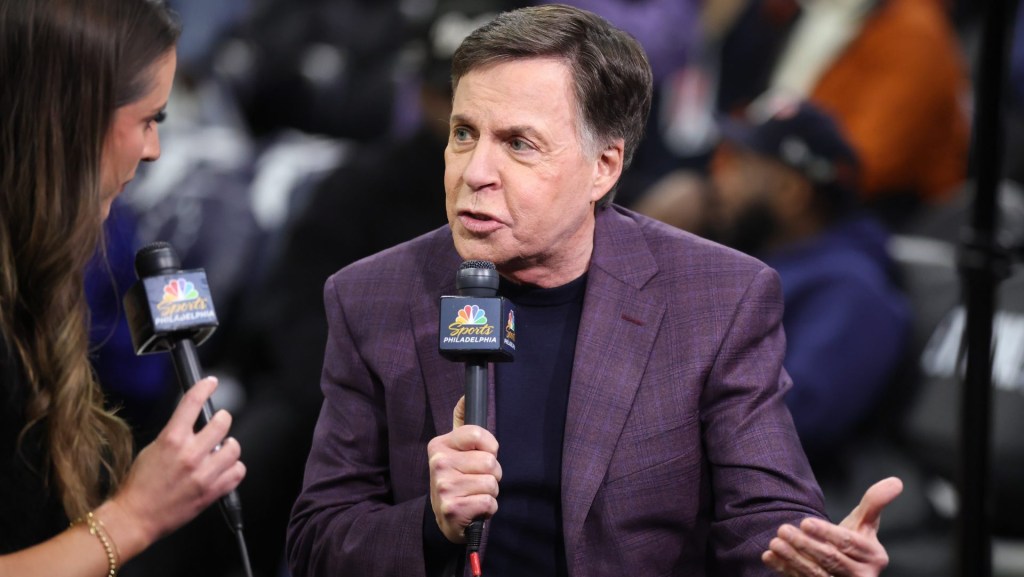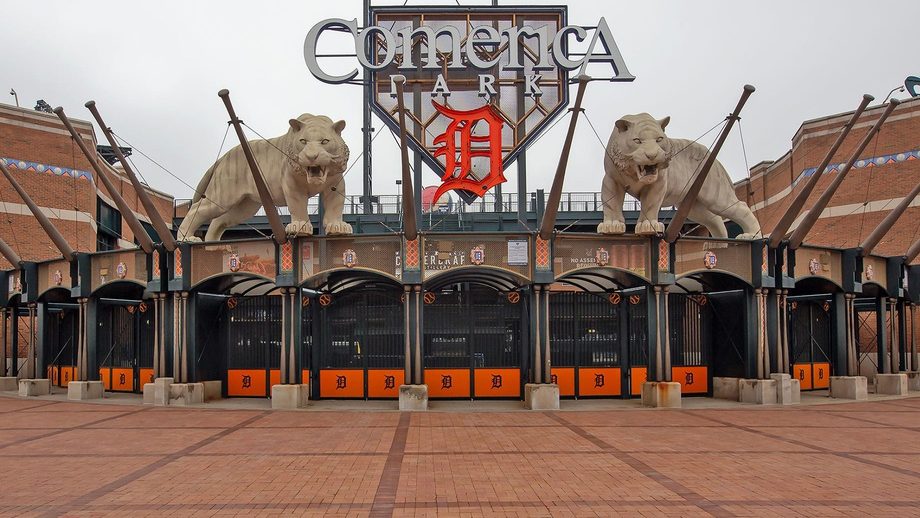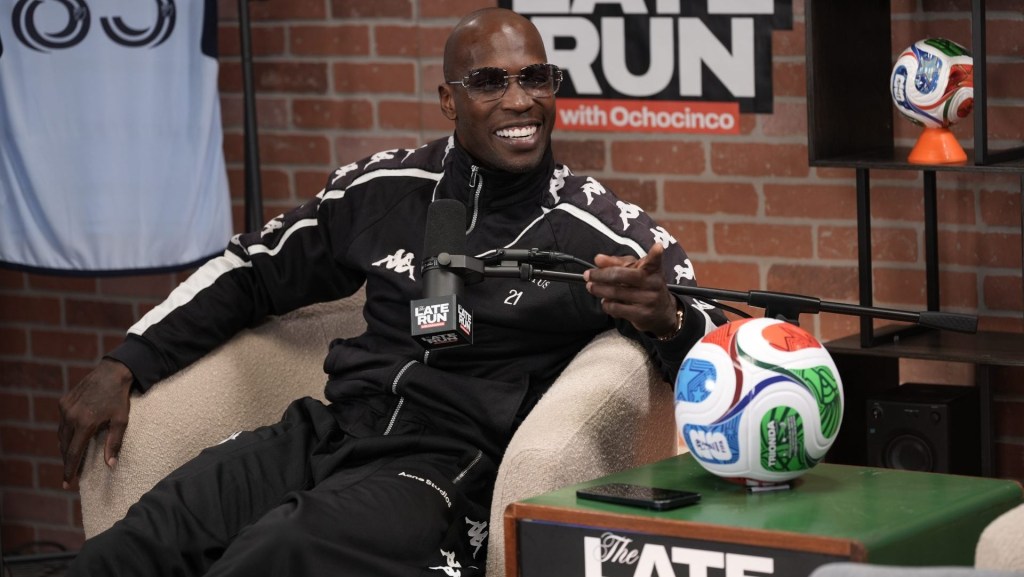Major League Baseball commissioner Rob Manfred has openly eyed collecting a critical mass of teams’ local media rights to reshape the sport’s regional strategy. It now looks like he could get his wish sooner than expected—and sooner than he wished.
Diamond Sports Group, the parent company of the Bally Sports regional sports networks, told the U.S. Bankruptcy Court on Wednesday that it intends to drop as many as seven of the eight MLB clubs it has under contract for the 2025 season, leaving just the Braves solidly in its portfolio. Three other teams—the Guardians, Rangers, and Twins—were under one-year contracts with DSG for the 2024 season and also will not be renewed unless it’s under dramatically different contract terms. The Brewers, a 12th team carried by DSG this year, had a multiyear agreement that also expires with the end of the 2024 season, and that, too, will not be renewed without a radical reconsideration.
The Twins had already been evaluating multiple options outside of DSG. The Rangers are actively pursuing the creation of their own RSN.
“The debtors are assuming a single telecast agreement, that of the Atlanta Braves,” DSG lawyer Andrew Goldman said in a status conference with the court. “All of Major League Baseball’s other agreements will be rejected under the plan.”
The seven MLB clubs being cut loose are the Angels, Cardinals, Marlins, Rays, Reds, Royals, and Tigers—with the latter two reaching the postseason. The Guardians and Brewers also earned playoff spots this year. DSG can assume or reject its contracts as part of its ongoing Chapter 11 reorganization.
League sources, however, were also puzzled by DSG’s position given that five of the involved clubs (the Angels, Cardinals, Marlins, Reds, and Royals) are not technically connected to the bankruptcy because of joint ventures surrounding some of the individual Bally Sports RSNs. As a result, those rights deals shouldn’t be subject to unilateral rejection in the same way. But in early 2023, DSG did exactly that with the Padres, abruptly dropping that team.
Notably, DSG’s stance toward MLB materially differs from the company’s position with the NBA and NHL. DSG recently reached revised agreements with both of those leagues at reduced rights fees for the leagues’ 2024–2025 seasons, with a potential pathway for extensions.
The move frees up hundreds of millions of dollars in contract obligations for DSG, as many of the involved MLB clubs had each been receiving annual fees in the low- to mid-eight figures.
New Vision
The DSG move brings perhaps closer to reality a fundamentally different look for how MLB packages and distributes its local rights. Back in May, Manfred discussed a developing contemplation with team owners about “a national media strategy, a national control of rights,” in which MLB would control most, if not all, local team broadcasting in a similar way as it does for national-level contracts with networks such as ESPN, Fox, and TNT Sports.
That’s a deeply complex issue, something Manfred quickly acknowledges, in part involving a fundamental revision of how revenue flows among teams—something all but certain to create friction between large-market clubs and small-market ones, and in the market for player talent. But the league nonetheless sees an opportunity to ultimately use the current DSG turbulence to its advantage.
“Right now, we’re really focused on the strategic part, how we respond to the changes in the local media environment in a way that increases our reach and fan access to games. We’d like to get into a model … where there is a frictionless opportunity to watch the game you want to watch,” Manfred said in May.
League-Level Confusion
In court Wednesday, though, MLB said it was not at all prepared for DSG’s move—particularly one this drastic and this soon—and said it was being “sandbagged.” The 11 affected clubs will each need to strike their own local broadcast deals for at least the 2025 season, though running that through the league—as the Diamondbacks, Padres, and Rockies currently do—is an option.
“We have no information about what is being done,” said James Bromley, an attorney for MLB. “We’ve had no opportunity to review and now we’re in front of the court and being asked to make our comments. The idea that we’re supposed to be able to turn on a dime … is simply inconsistent with reality.”
DSG is now targeting Nov. 14 to begin a confirmation hearing on its reorganization.
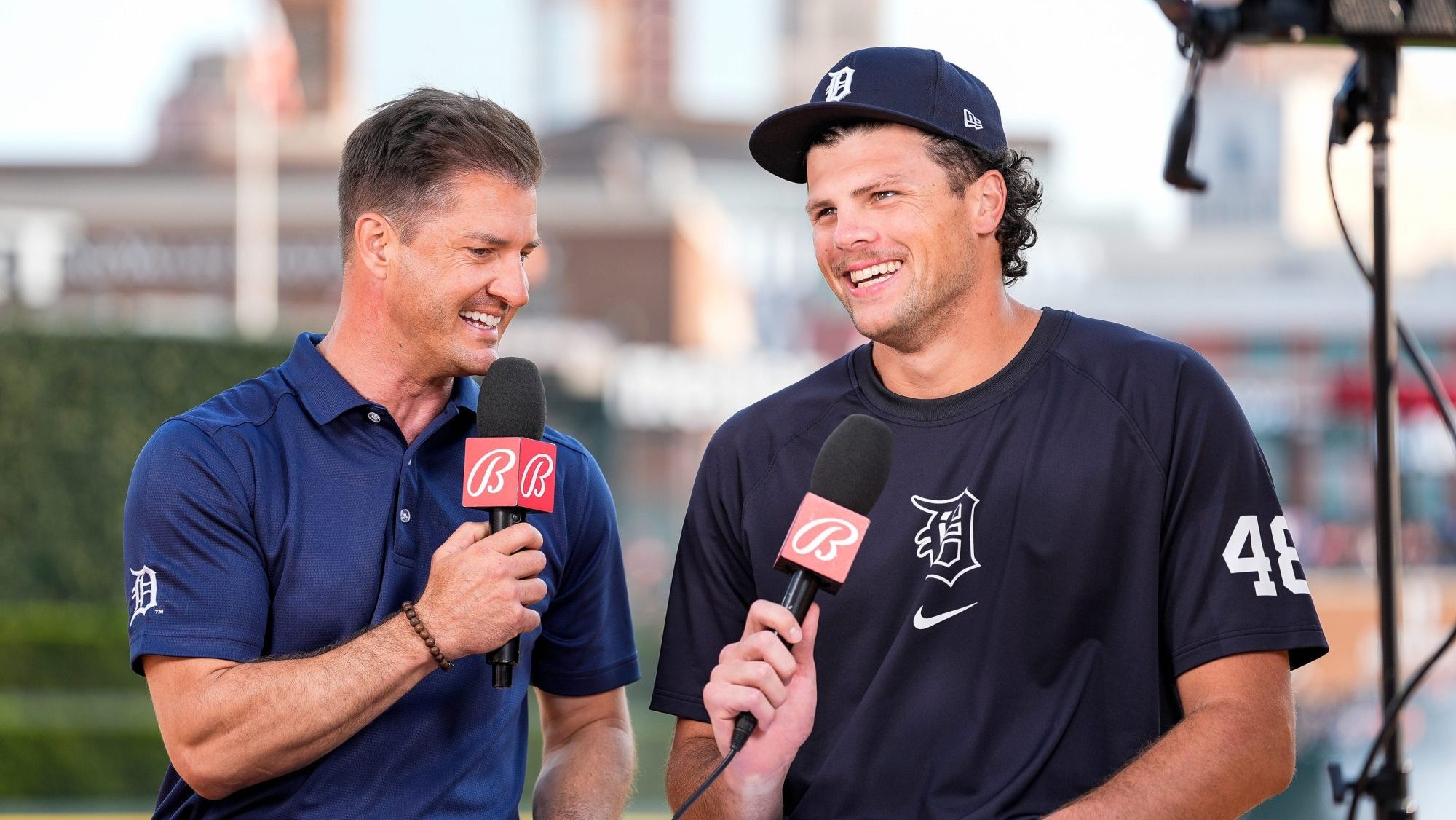
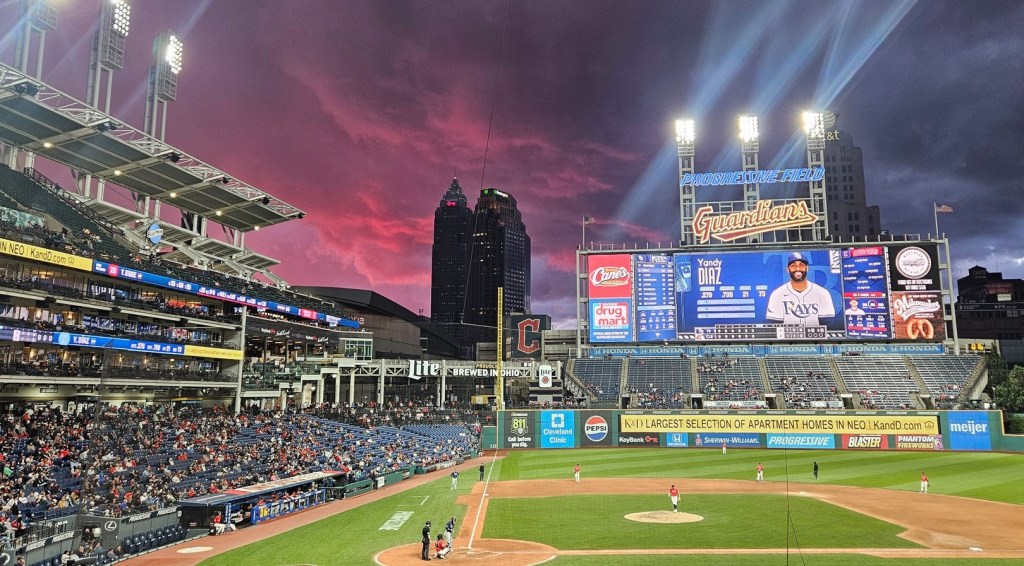
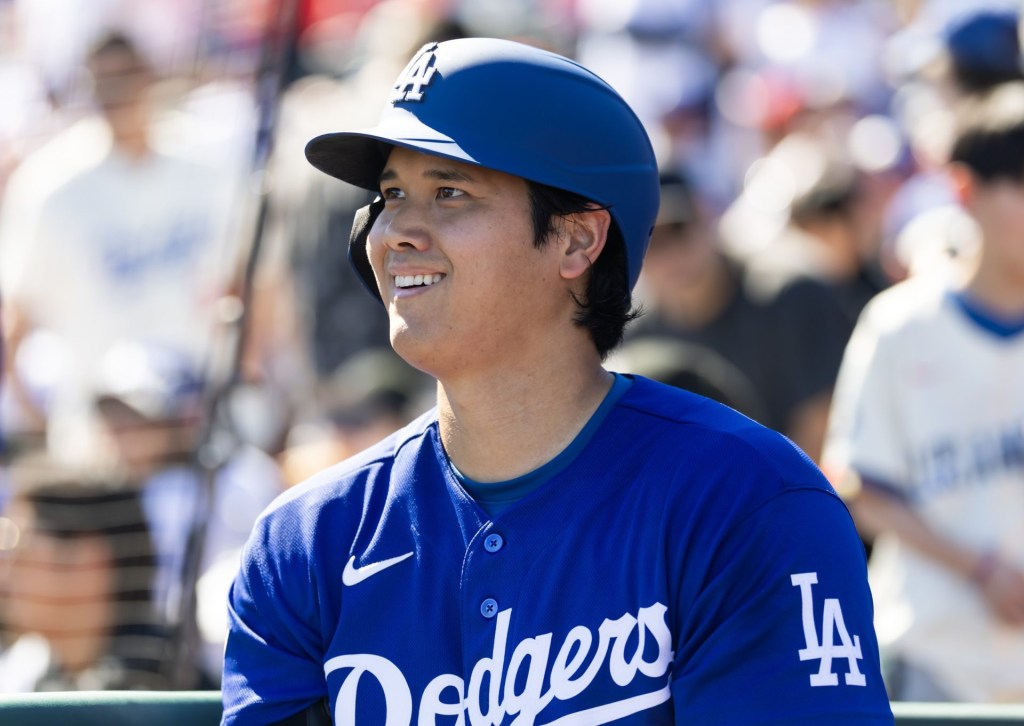




![[Subscription Customers Only] Jun 15, 2025; Seattle, Washington, USA; Botafogo owner John Textor inside the stadium before the match during a group stage match of the 2025 FIFA Club World Cup at Lumen Field.](https://frontofficesports.com/wp-content/uploads/2026/02/USATSI_26465842_168416386_lowres-scaled.jpg?quality=100&w=1024)
![[Subscription Customers Only] Jul 13, 2025; East Rutherford, New Jersey, USA; Chelsea FC midfielder Cole Palmer (10) celebrates winning the final of the 2025 FIFA Club World Cup at MetLife Stadium](https://frontofficesports.com/wp-content/uploads/2026/02/USATSI_26636703-scaled-e1770932227605.jpg?quality=100&w=1024)
